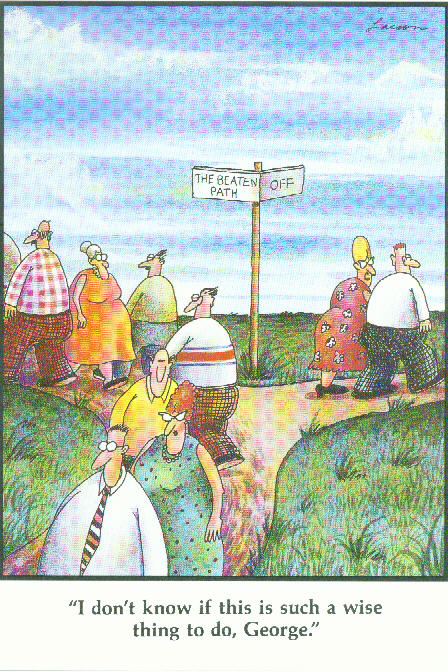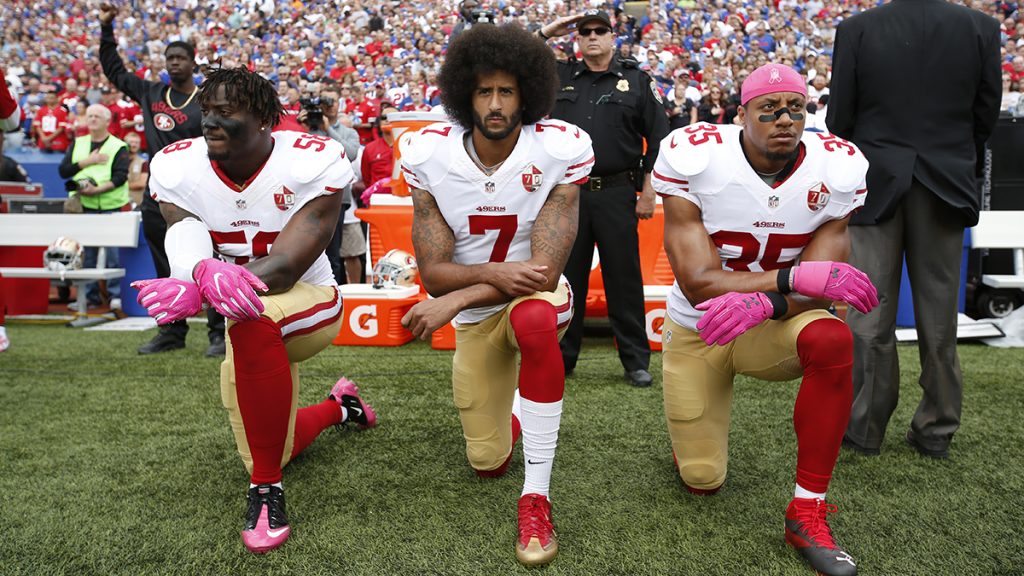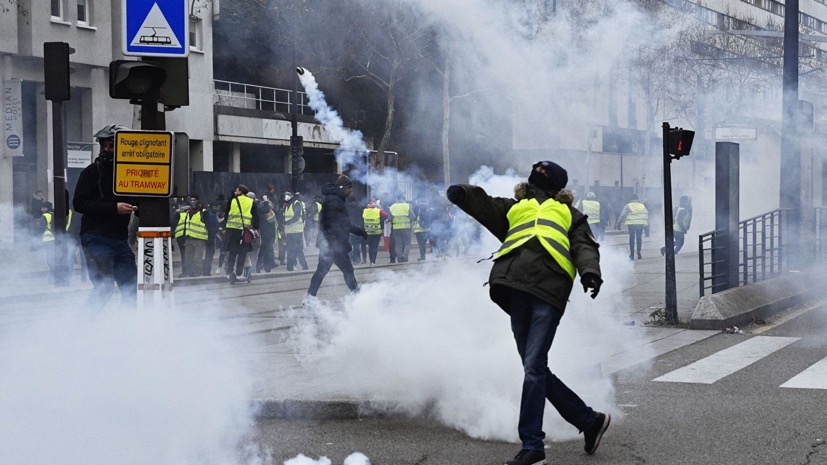In the midst of deep division, political, religious and cultural chaos, is it possible that we are experiencing a dearth of dissent? On its face, such a suggestion seems absurd. Dissent dominates. Success is presumed to be achieved by the loudest voice.
Recently reading , “Sway: The Irresistible Pull of Irrational Behavior “ by Ori & Rom Brahman , Chapter 8 “Dissenting Justice” , I was provoked to conclude the following:
A disturbing reality in our divisive, contentiousness culture is the paradox of a dearth of dissent in an ocean of dissension.
In our current culture, dissent, is largely defined protest or rebellion, characterized by inflammatory language and with a bent to violence. In an ironic twist, reasoned voices of dissent are met with dissent to their dissent as they are shouted down and driven from podiums. No matter which ideology is represented, groups resist and drive out opposition. Group conformity is incredibly strong, and it depends on unanimity for its power. Inherently, dissent is a threat to unanimity. My “free speech” is protected while the voice of a dissenter is fair game for censure-ship. What results is a self-destructive maelstrom.
“…homogeneous communities march toward the extremes…Like-minded groups create a kind of self-propelled, self-reinforcing loop.
Dissent is persona non grata.
I am hard pressed to identify any segment of our society which has not made dissent, to some extent, unwelcome. Politics, religion, science, technology, the 4th estate, social media, even academia, supposedly the bastion of free thinking, are not exempt.
Reading, “The Irresistible Pull of Irrational Behavior” , Chapter 8 “Dissenting Justice”, there appears to be, at least, one notable exception to the dearth of dissent, the Supreme Court of the United States (SCOTUS). Although, I had a vague idea of dissent as it relates to SCOTUS, I did not realize the how essential it is to the process of justice at SCOTUS.
Breyer explained how the role of the blocker [dissenter] serves a necessary function in the Supreme Court: “If somebody is going to write a dissent… they have a point, they have some kind of point they’re trying to make. Quite often the opinion [of the majority] is changed somewhat in response to comments and opinions [of the dissenters]. Occasionally—maybe once or twice a year—the whole Court shifts.” Even when dissenters don’t have enough votes to change the Court’s opinion, they still affect the process. “It makes the other person take account of the point. They have to answer it or they have to take it into account,” Breyer said.
It’s easy to understand the desire to present a unified front. But as Breyer pointed out, the end result—in this case, the Supreme Court’s majority opinion—is actually improved by dissent. “The thing about writing a dissent,” Breyer reflected, “is it’s actually a pain in the neck for the person who is writing the [majority] opinion… and suddenly [has] to deal with this dissent.” The majority has to revise its opinion in response to points raised by the dissenters, then the dissenters rebut, and on and on it goes.Sway: The Irresistible Pull of Irrational Behavior
Even if the [dissenter’s] opinion is wrong, at least it adds a perspective to the debate—giving others an opportunity to look at things in a different light.
As I come to better understanding of the role of dissent in the judicial process of SCOTUS, the prospect of SCOTUS being “stacked” by either party is a fearful prospect. Eliminating minority opinion opens the door to disastrous consequences.
Once the process of group polarization begins gaining momentum within a community the minority group begins to withdraw from public life and discourse. As the voices around the minority group grow more extreme, shrill and radicalized they opt for silence over getting into fights. And this withdrawal fuels more sorting migration. The minority leaves and the majority group, with nary a dissenting voice to be heard, radicalizes ever further.
Could it be possible that a passage to a more well-reasoned and sensible society can be found through embracing dissent.?
“Mixed company moderates; like-minded company polarizes. Heterogeneous communities restrain group excesses; homogeneous communities march toward the extremes…Like-minded groups create a kind of self-propelled, self-reinforcing loop.”
…it’s important to note that the presence of a dissenter—any dissenter, no matter how incompetent—still made it possible for a large segment of participants to deviate from the majority and give the right answer.
…blockers [dissenters] question the merit or wisdom of new decisions. Instead of merrily going along for the ride, they raise points about the potential harmful consequences that might follow.
The example of SCOTUS, initially stimulated a formulation of another of my simplistic and naive “we just need to” solutions. In this case, embrace dissent. After a bit of pondering, the folly of “let’s all get along and embrace dissent” became increasingly apparent. Not withstanding the idea that dissent is an essential ingredient in healthy communities, dissent can be and is is often a negative. Paradoxically, the benefits of negative dissent outweigh the risk of its absence. Therefore, my concern about the SCOTUS and other federal courts becoming devoid of dissent. MY concern is not limited to SCOTUS but extends to all segments of our society, particularly political parties.
Who in their right mind would wish to eliminate their conscience, that small voice in our heads which restrains us when we veer off center? It appears that is the objective of both sides. The absence of conscience is the definition of a psychopath. These are two irreconcilable realities. On one one hand, healthy conversation and community, require dissent; on the other, dissent is disruptive and produces polarization. Perhaps it is not an either or proposition. Context and quality of dissent are important factors. The structured context and legal venue of SCOTUS permits dissent to function positively. In our current society where tribalism prevails, dissent is a threat to our respective tribe and is rejected.
I am of the opinion that the path to change and resolution runs through smaller groups in community. In that context relationships can be developed and dissenting voices can be heard. Only when trust prevails and fear is overcome will society will become more healthy and flourish.
Dissent is like fertilizer, over application destroys, but the proper amount, applied correctly produces abundance.

References in this post:


